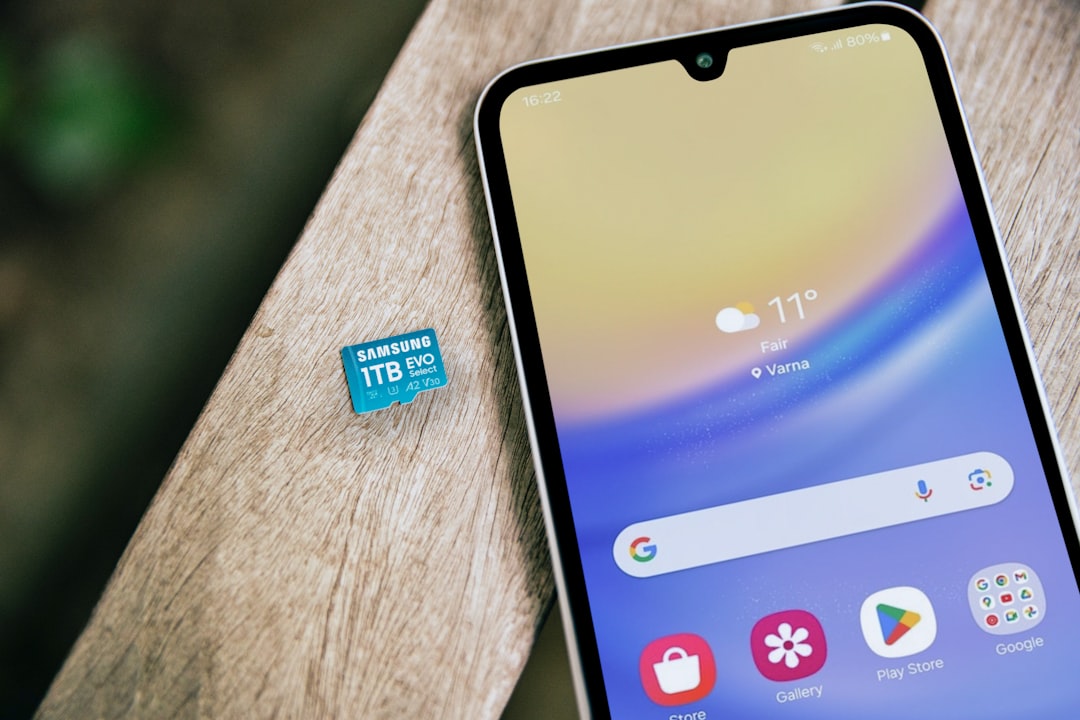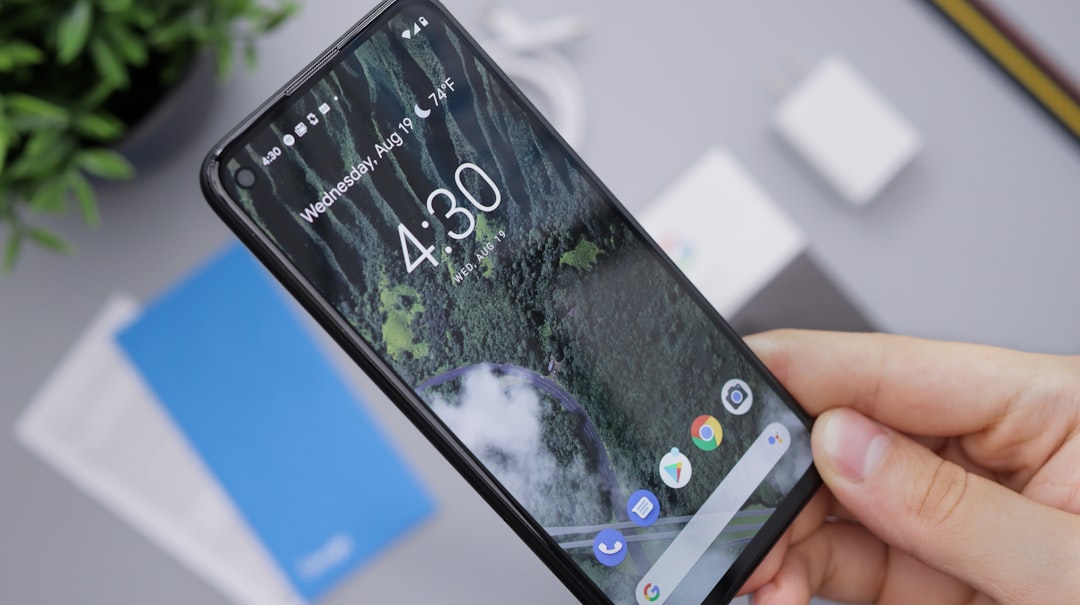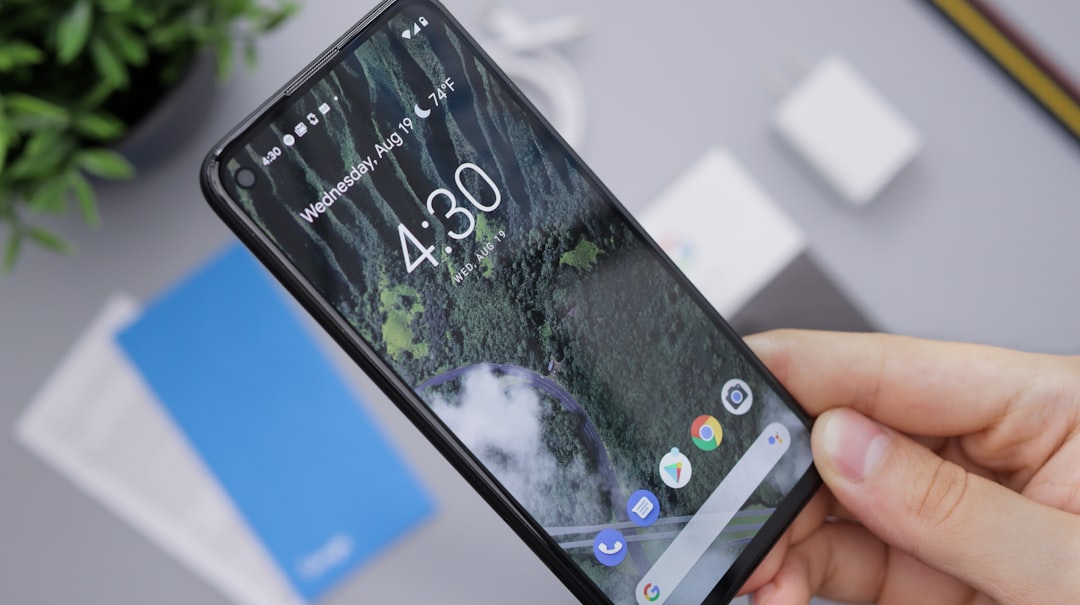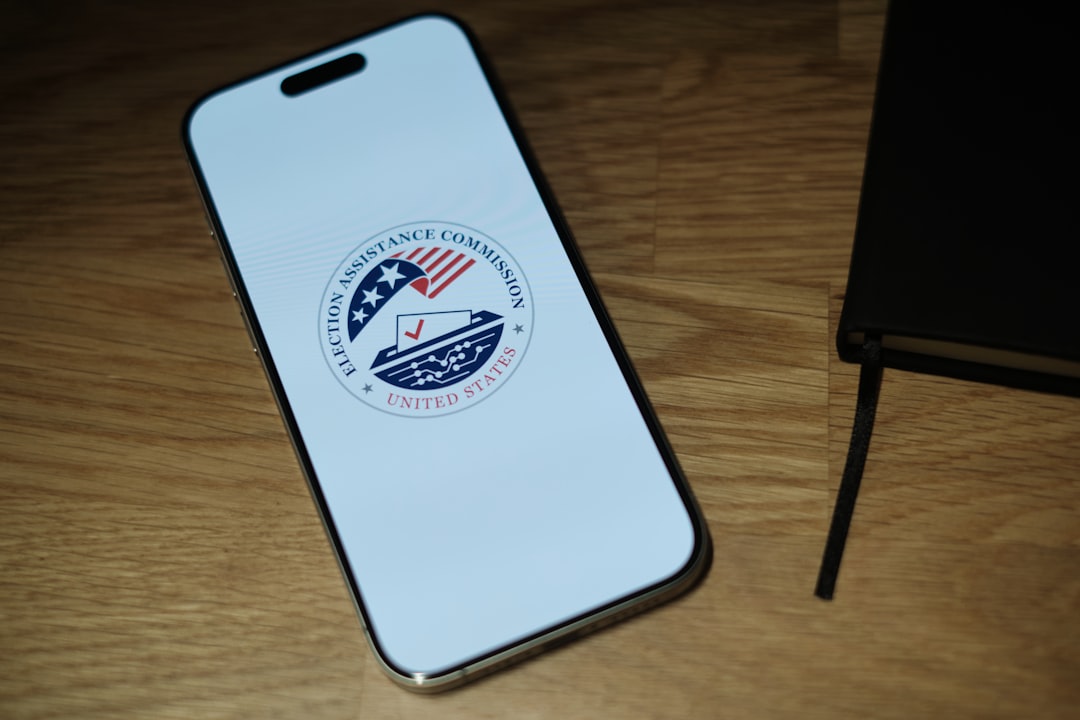Connecticut's strict spam texts laws ban promotional messages during non-business hours (8 a.m.-9 p.m.) unless consented to by recipients. Violations carry up to $10,000 fines and potential damages compensation, reflecting the state's commitment to protecting consumer privacy and balancing marketing with personal time.
In Connecticut, understanding and adhering to the state’s strict spam text laws are crucial for businesses to avoid penalties. This guide delves into the regulations governing commercial texts, focusing on legal hours for delivery, consumer rights, and protection measures. By exploring these aspects, businesses can navigate the anti-spam legislation effectively, ensuring compliance and fostering positive customer relationships. Discover the penalties for violating these laws and learn how to prevent unwanted spam texts in Connecticut.
Understanding Connecticut's Spam Text Laws

Connecticut has put in place strict regulations to combat unwanted commercial text messages, often referred to as “spam texts.” These laws are designed to protect residents from unsolicited and potentially intrusive messaging outside regular business hours. The state’s legislation clarifies that sending promotional or advertising texts between 8 a.m. and 9 p.m. is prohibited, unless the recipient has given explicit consent.
This means businesses must obtain prior authorization from customers before texting them for marketing purposes. By adhering to these spam texts laws, Connecticut residents can enjoy greater privacy and peace of mind, knowing that their phone lines are not open to unwelcome commercial intrusions during their personal time.
Legal Hours for Commercial Texts Defined

In Connecticut, the definition of “legal hours” for commercial texts is a crucial aspect of preventing unwanted spam messages from inundating residents’ inboxes and devices. These legal hours are typically set to respect individuals’ privacy and normal daily routines. According to the state’s regulations, businesses are restricted from sending out marketing or promotional spam texts during certain time frames, usually outside regular working hours. This means that mass text campaigns targeting Connecticut consumers must adhere to specific guidelines to avoid being deemed illegal.
The exact legal hours may vary depending on local laws and business practices, but they often fall between 8 a.m. and 9 p.m., Monday through Friday. Any commercial text messages sent outside these hours without explicit consent from the recipient could be considered a violation of Connecticut’s anti-spam laws, designed to foster a harmonious balance between businesses’ promotional needs and consumers’ right to peaceful enjoyment, especially during personal time.
Penalties for Violating Anti-Spam Legislation

Violations of Connecticut’s anti-spam laws, particularly regarding commercial text messages sent outside legal hours, come with severe penalties. Businesses found guilty of sending unsolicited texts during restricted times can face fines ranging from $500 to $10,000 per violation, depending on the nature and frequency of the infraction. These penalties aim to deter companies from engaging in aggressive marketing practices that disrupt consumers’ daily lives.
In addition to financial repercussions, businesses may also be required to compensate victims for any damages resulting from the spam texts, including emotional distress or loss of privacy. Connecticut’s strict enforcement of these laws underscores its commitment to protecting residents from intrusive and unauthorized commercial communications, ensuring a harmonious balance between marketing efforts and individual privacy rights.
Consumer Rights and Protection Measures

In Connecticut, consumer rights are protected against unsolicited and unwanted text messages, particularly those marketed for commercial purposes. The state’s strict laws on spam texts aim to safeguard residents from intrusive advertising during their personal time. After 9 p.m., businesses are prohibited from sending promotional or sales-related messages, ensuring individuals can enjoy a break from commercial intrusions.
These protection measures reflect the growing awareness of the impact of excessive texting on personal well-being and sleep patterns. By limiting commercial texts outside legal hours, Connecticut joins several states in implementing policies that respect consumer choices and prioritize digital privacy. This approach not only reduces potential annoyance but also fosters a healthier balance between marketing efforts and individual autonomy.






